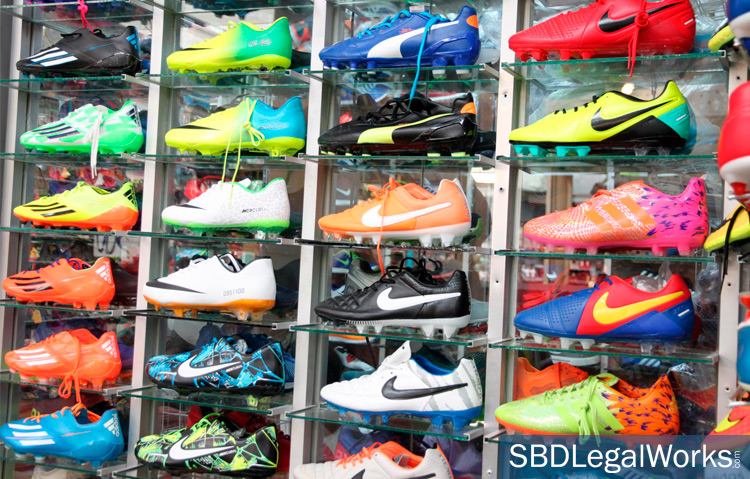
For a few weeks, it was the signature moment of the NCAA men’s college basketball season.
On February 20, Duke forward Zion Williamson suffered a sprained knee less than a minute into a high-profile game with archrival North Carolina when his Nike shoes blew out.
Williamson, the presumed number one pick in this summer’s NBA draft, missed the rest of the regular season and the Blue Devils’ play suffered.
But the speculation involved more than basketball—fans of the legal process wondered what type of case Williamson would have against Nike if he chose to bring it.
How to prove product liability in North Carolina
Any legal action would have followed the same basic formula as any other product liability case.
It must be proven that the product was defective and failed in the course of ordinary use.
There was no problem there—a nationwide ESPN audience saw the shoe blow out, and they saw former President Obama, sitting in the stands, and mouthing the words: “His shoe broke.”
But the case would by no means have been a slam dunk (if you’ll pardon the pun).
The state of North Carolina, where the lawsuit would have to be filed, has strict liability laws.
That means simply proving the defect isn’t enough.
Negligence must also be shown.
It’s not an impossible bar to hurdle, but it’s a high one and perhaps one reason talk of a Zion Williamson-Nike showdown in court never gained steam.
The other reason the Williamson-Nike controversy has disappeared is for the best possible reason—the player was able to come back and help Duke win the ACC Tournament.
The team has regained its status as the favorite to win the NCAA Tournament and the player’s status as the likely #1 overall draft pick is back on track.
But the difficulty a potential lawsuit would have had—even in a case like this where the product’s failure was obvious and visible—underscored how important variances in state law are in understanding product liability.